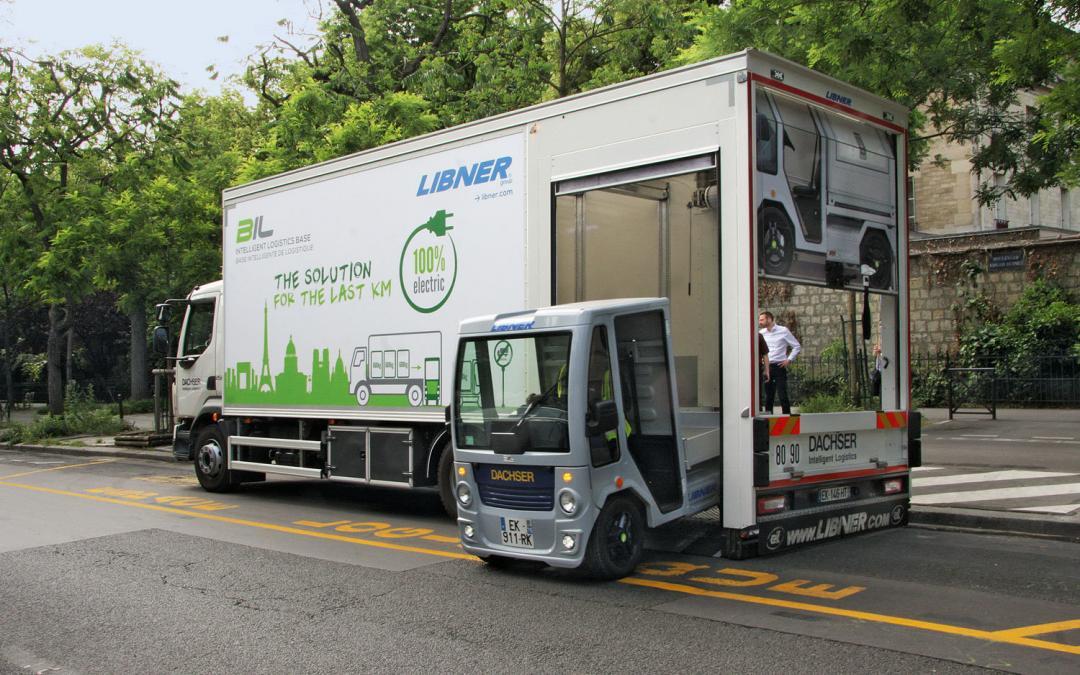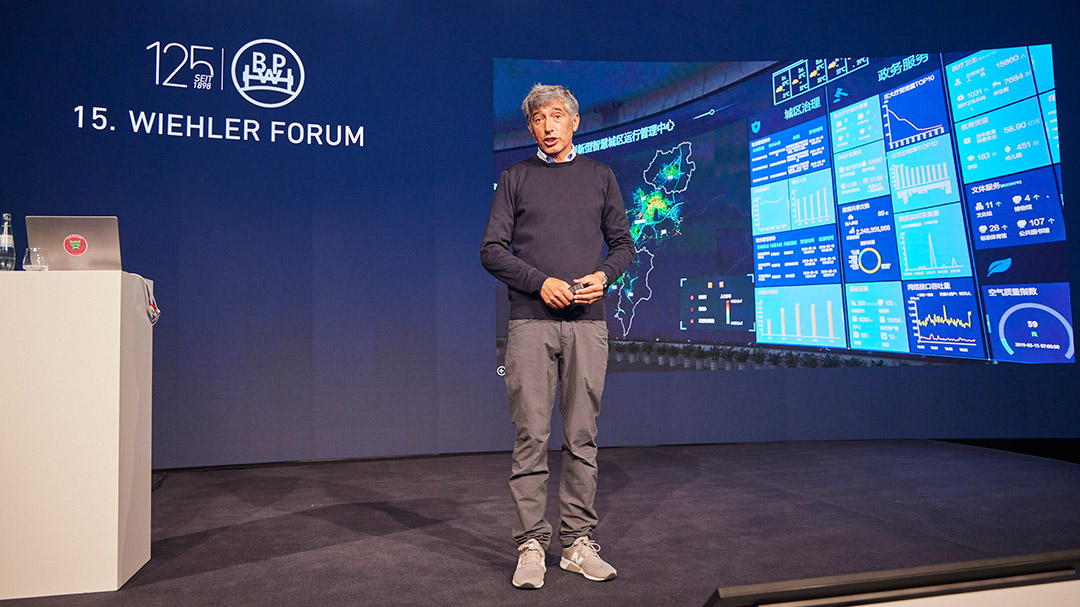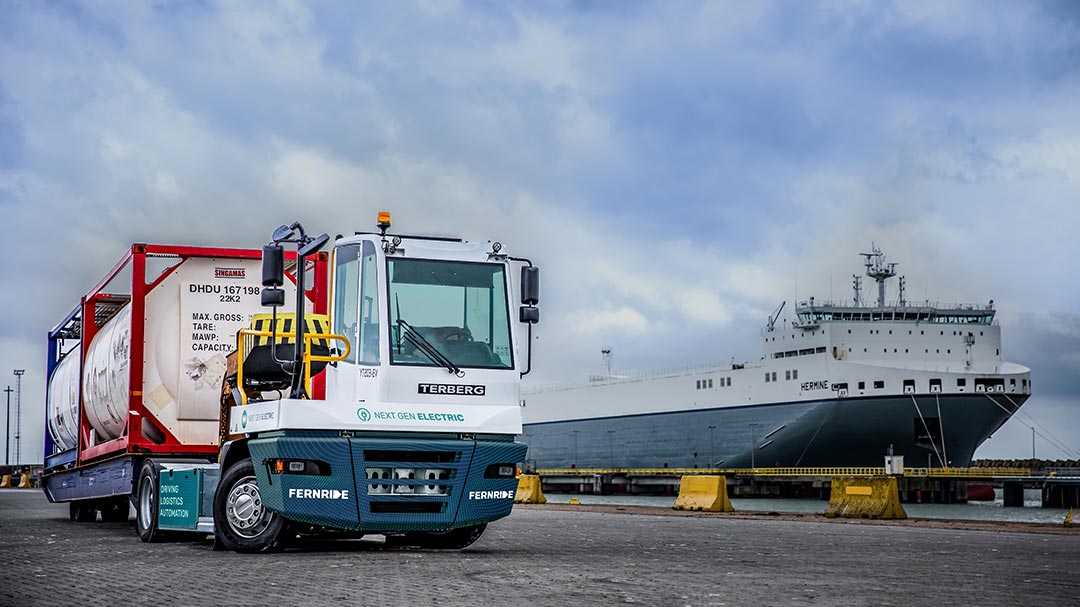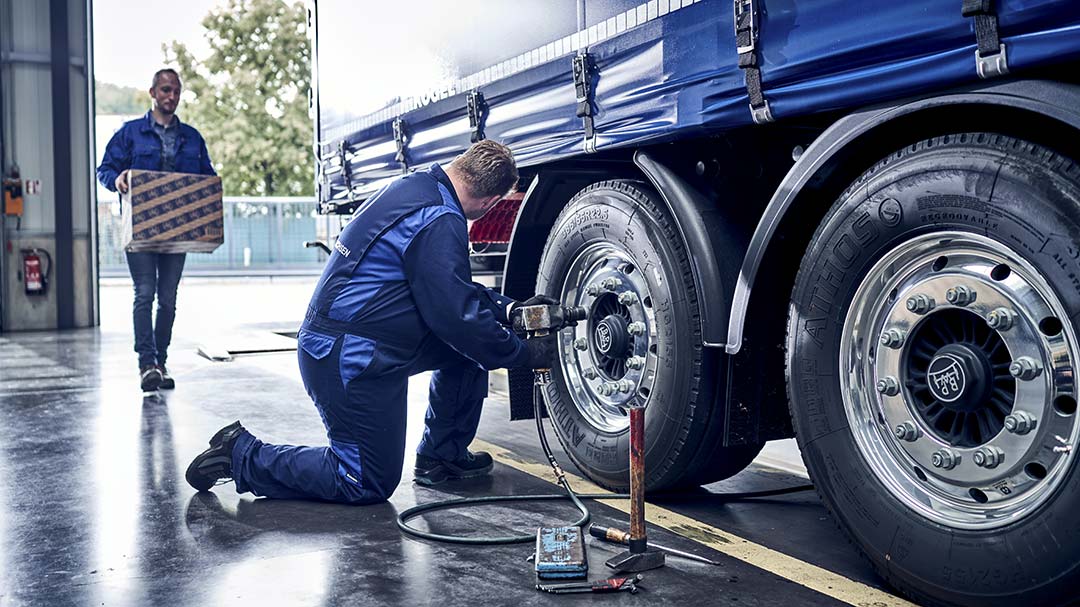Reading time approx. 3 minutes
Text: Ralf Klingsieck
Photos: Ralf Klingsieck
The founders of Urbismart are all over 50, so they refer to their business as an “old men’s start-up”. It is specifically their experience in transport and logistics, digitisation and warehouse automation that led them to the idea of using artificial intelligence to optimise city logistics.
Hubs on the outskirts of the city
Describing the Urbismart business model, Rival says, “We buy transport and sell it to the shippers with a margin that generates income. We manage everything in such a way that the logistics providers can operate highly efficiently and thus profitably, while the shippers incur minimal costs. To this end, we combine the delivery quantities of the participating shippers, look for the best routes to the customers being supplied, and ensure that the trucks are loaded optimally.” In hubs on the outskirts of the city, either cross docking takes place, or the deliveries are prepared in detail by merging the B2B and B2C shipments. This gives the transport companies access to some of the deliveries which are currently entrusted to express couriers or the postal service. This, in turn, increases the efficiency of the driver making deliveries to the street in question – especially if he uses his empty truck to pick up return deliveries, swap bodies, clothes hangers or cardboard boxes for recycling.
Specifically, this means that tractor-trailers cover the journey from large warehouses to cross-docking hubs on the outskirts of the city, where just one vehicle is loaded with all of the consignments for one street in the city centre – goods shops and parcels for private internet customers. Accordingly, there is just one delivery truck for each street. In return, the authorities should guarantee a parking space for the vehicle from which the deliveries are to be made. There is neither noise nor pollution as long as the truck remains parked there. “We need dynamic optimisation in real time,” explains Jean-Paul Rival. “On the one hand, you have hundreds of shippers, and on the other, hundreds of cities. In between, there are thousands of transport companies and tens of thousands of recipients. This is big data – a huge set of data that is constantly changing and requires quick responses.” New situations occur all the time as orders are changed, trucks break down or drivers fall ill, or when the current traffic situation or the weather disrupt the route calculations. “This amount of information and data can no longer be handled by conventional software, let alone people in front of a screen. We need a more powerful machine here – and this is precisely where artificial intelligence comes in.”
Combining demand and services
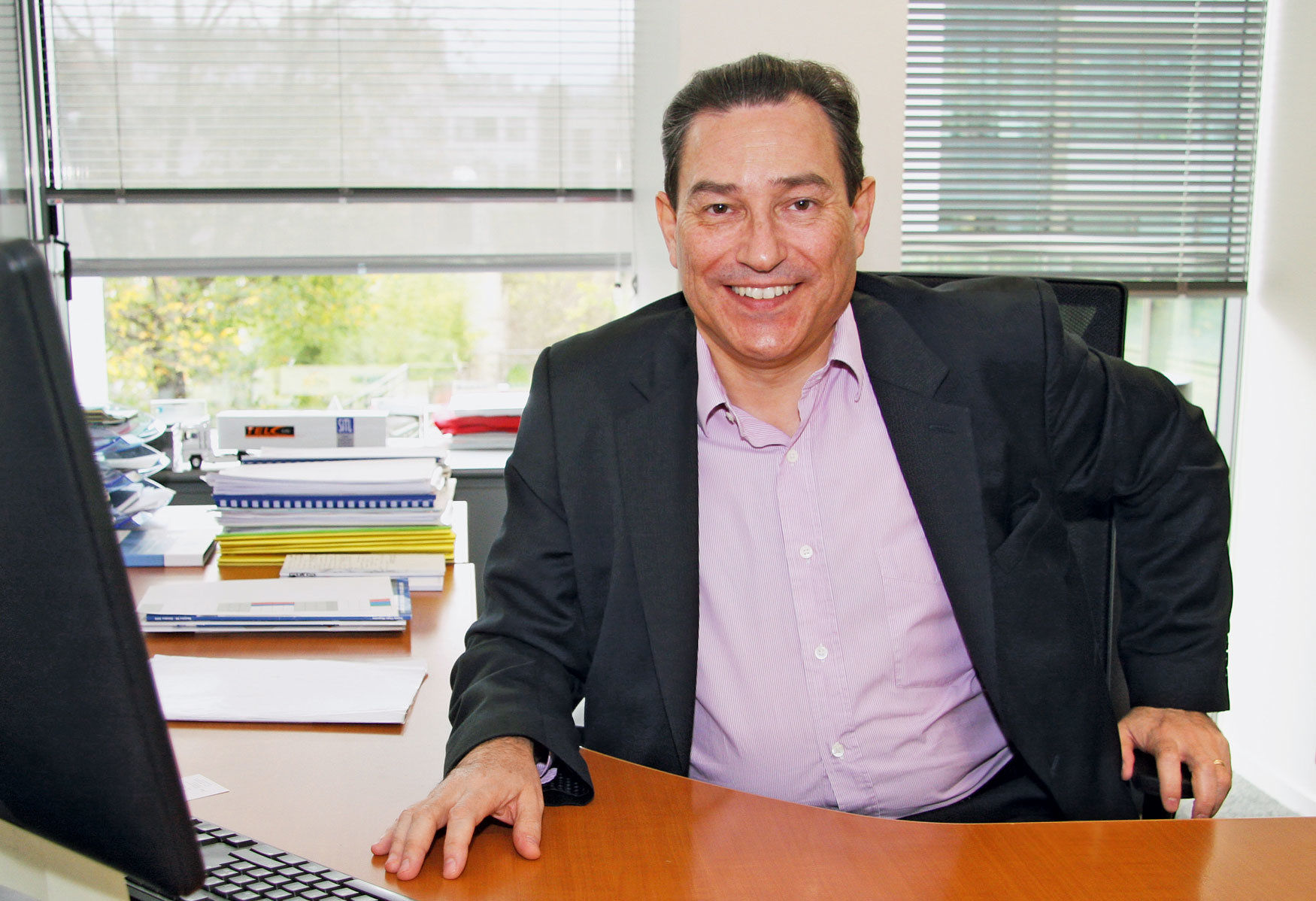
»If the interaction between the various shippers, service providers and delivery channels is well organised, then everyone benefits.«
Jean-Paul Rival, Urbismart
Test in Bordeaux
So far, Urbismart remains a more or less virtual undertaking. To position itself as a player on the market, the start-up needs to have its own offices, IT and staff, and acquire as many customers, that is shippers and hauliers, as possible. “To get going in practice, we initially need at least 1.5 million euros,” admits Rival. “At the moment, we’re still looking for investors.”

